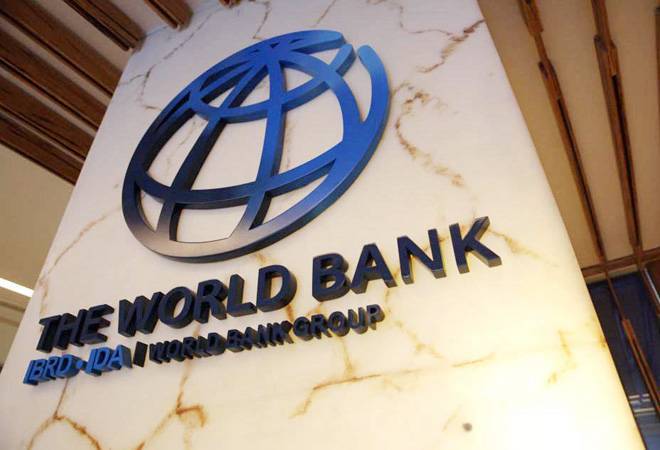The World Bank’s International Development Association (IDA) has approved a $500m grant to support girls’ education in seven Nigerian states.

The credit was approved for the Adolescent Girls Initiative for Learning and Empowerment (AGILE) towards improving secondary education opportunities among girls.
The seven benefitting states are Kano, Kebbi, Kaduna, Katsina, Borno, Plateau and Ekiti respectively.
The grants are with low to zero-interest loans for projects and programmes that contribute to economic growth and improve the livelihood of the populace in such nations, IDA said in a statement.
According to the statement, a minimum of 6 million girls and boys are expected to benefit from the project, and many more students are expected to continue benefiting after the project ends.
“Adolescent girls face many constraints in accessing and completing secondary education. In northern Nigeria, the lack of secondary schools is significantly greater with up to 10 primary schools for every secondary school,” the statement read.
“Poor condition of infrastructure and a lack of water sanitation and hygiene (WASH) facilities makes it difficult for girls to stay in school.
“If nothing is done, 1.3 million girls out of the 1.85 million who began primary school in 2017/2018 in the north
Mr Shubham Chaudhuri, World Bank Country Director for Nigeria said “there is no better investment to accelerate Nigeria’s human capital development than to significantly boost girls’ education.
“The AGILE project will enable Nigeria to make progress in improving access and quality of education for girls, especially in northern Nigeria.
“Addressing the key structural impediments in a comprehensive way will create the enabling environment to help Nigeria ensure better outcomes for girls, which will translate into their ability to contribute to productivity and better economic outcomes for themselves and the country”.
It added that the project would benefit about 6.7 million adolescents and 15.5 million direct project beneficiaries would include families and communities in participating states.
It also said that the project had been adapted to respond to COVID-19 and would support a blended learning approach using technology and media (TV and radio) to implement remote and distance learning programs.


Comments are closed.